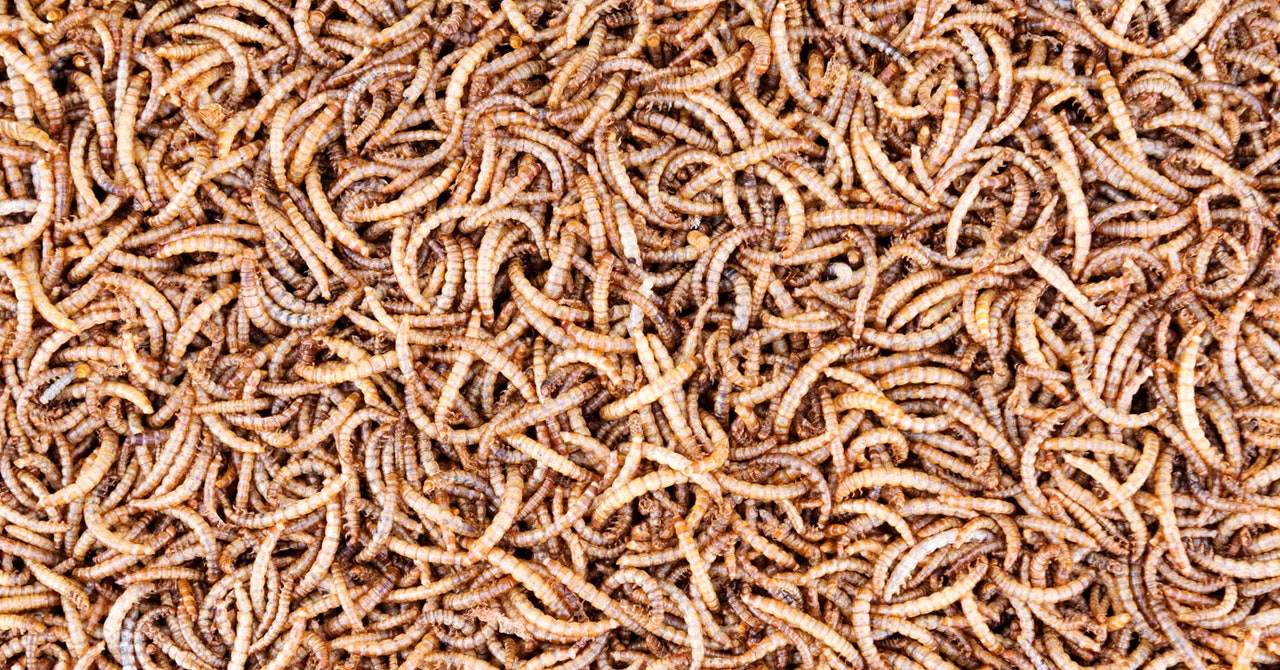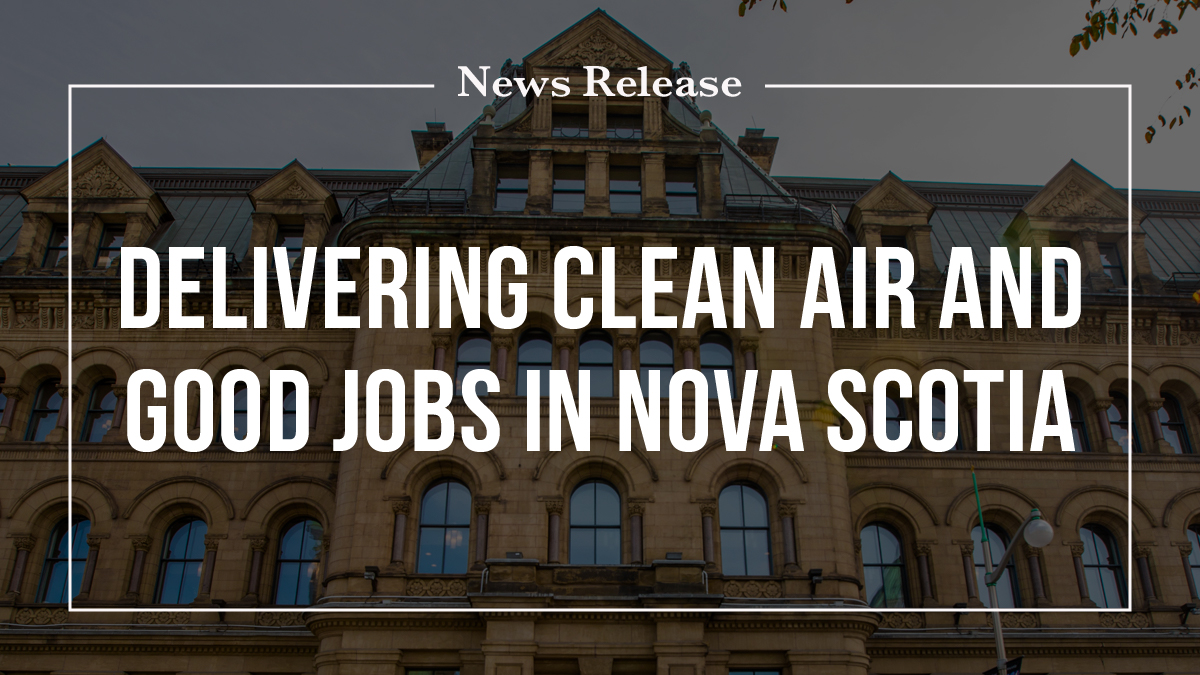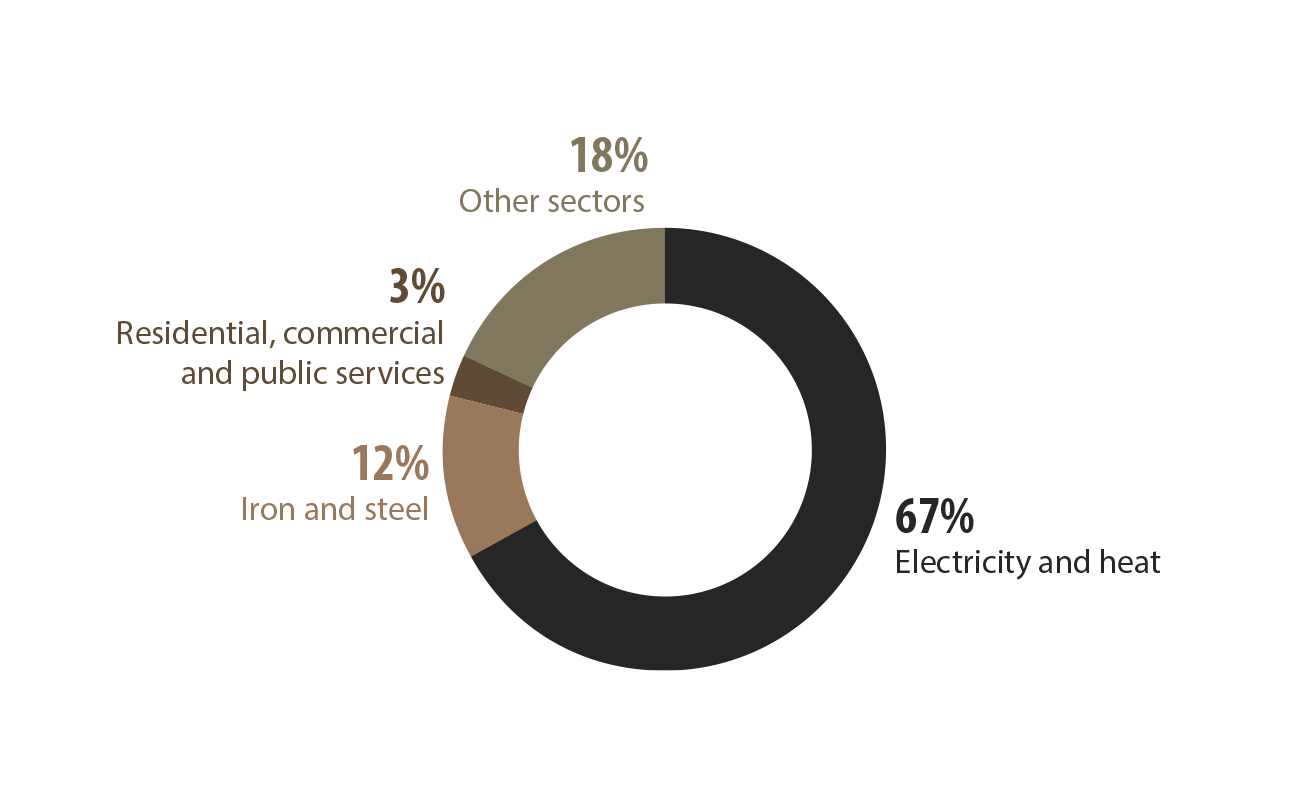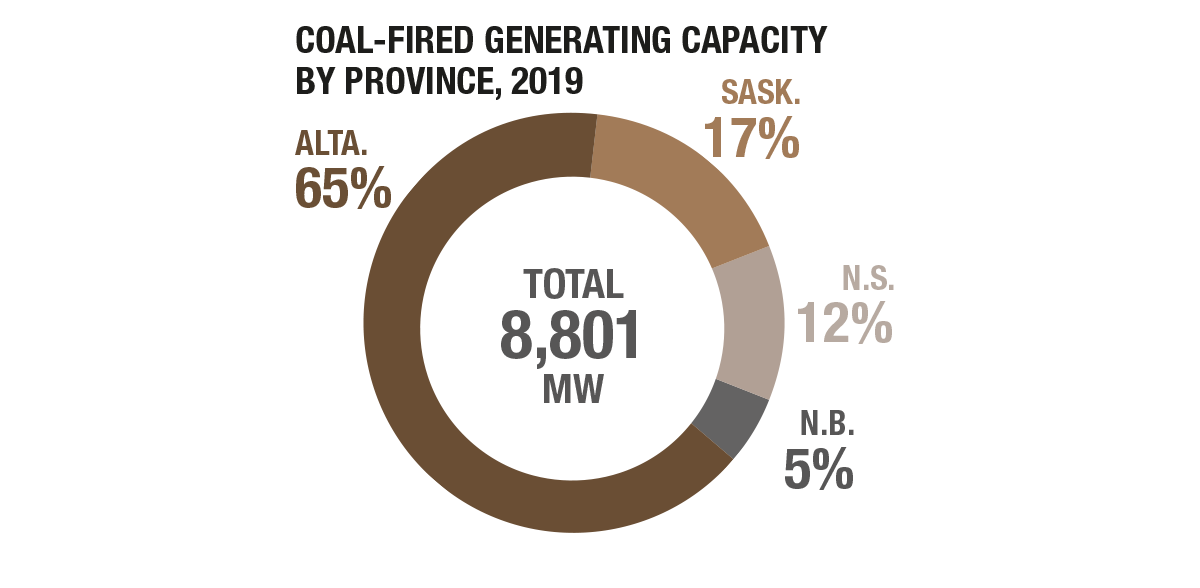"Potential Food and Energy Shortages Across the World" could morph into a new thread of "Widespread" instead of "Potential", in fact the image in the previous post showed that close to 900 million already live without sufficient food, so there is an element of situational context in which one finds oneself. While food is being wasted in one place, there is not enough in another, or there is no money to buy the food that is available.
Since nitrogen has become a subject due to protests in the Netherlands, below are some paragraphs that cover the importance of nitrogen in agriculture and the conditions, the farmers in the Netherlands face, as well as other motives the Dutch government may have.
The legislation in the Netherlands is connected to the EU nitrates directive:
They have this
image:
View attachment 60956
Why nitrogen is important for plants
Proteins are made of chains of amino acids and for every amino acid, there is an amino group consisting of one nitrogen atom and two hydrogen atoms, see illustrations on this Wiki on
proteinogenic amino acids, where you will also find that a few amino acids have two nitrogen atoms in their molecular structure.
Although nitrogen makes up about 78 % of the air as molecules of N2, it is not accessible to plants as it is, because the triple bond between the two nitrogen atoms is very strong. For plants to make absorb nitrogen, the triple nitrogen bond needs to be broken, and nitrogen salts need to be formed, this can happen both naturally or through synthetic processes or a combination of both. Nitrogen fertilizers, typically use anhydrous ammonia, NH3 as a foundation. When anhydrous ammonia is applied directly, there are bacteria that help to convert it to salts.
Too little or too much nitrogen?
The fertilizer industry association has this
chart, which is similar to the previous one from the EU, but is taken more from the perspective of the crop production.
View attachment 60957
Another
chart shows what happens to the soil and the environment depending on the amount used. [NUE stands for Nitrogen Use Efficiency].
View attachment 60958
I don't know where the EU has set the limit in relation to the above model, but one can imagine a situation, where it would be economically viable to use more nitrogen than the regulation would permit due to the alleged concern for the environment.
The EU directive is the same, but the local conditions are not.
There are differences in soil quality, climatic conditions including temperature, and rainfall as well as the distance to the purchasers of the farm produce, and not least the price of the land. Here is a
map that shows the average prices of farmland in Europe a few years ago.
View attachment 60959
Though the text above is not particularly readable, the Netherlands can boast the highest price, with more than 60,000 Euros for one hectare of land. For a Dutch farmer, high yields are very important, otherwise it is hard to make a profitable business, especially if you had to borrow money to buy your farm.
This
image makes the picture even more clear:
View attachment 60965
The way the legislation is implemented varies between EU member states
View attachment 60968
The above is from
Nitrogen Surplus—A Unified Indicator for Water Pollution in Europe The conclusion in their abstract is:
The above article is from 2020. There appears to be some variability as to how the measurements of nitrogen are done, and limits set in different EU countries.
The current situation, reducing nitrogen for new reasons
While the old policy push dating back to the 1990ies was argued from the concern for water quality, there is now also a climate change agenda to reduce nitrogen consumption, which may explain why they now speak of "nitrogen emissions", also because a small part of the nitrogen fertilizer applied to the soil decomposes to green house gasses.
In
Dutch to cut nitrogen levels by up to 70% in many areas; Tractor protest set for June 22
A comment from Dr. Mercola
In the following article, there was:
Dutch farmers rise up against food system 'reset' -- Sott.net
While the way the Dutch government goes about their policies does not create immediate food shortage, their policies will help to make sure they will happen.
More comments and opinions on the situation for the farmers in the Netherlands
From the Independent Sentinel, there was this perspective:
An Expose News has:
It would not surprise if the WEF has similar connections to government officials in other countries.
More on the history of the Global Coordinating Secretariat (GCS)
Invest in Holland has:
The Netherlands produce food that is also consumed in other EU countries, therefore
reduction of the agricultural output in the Netherlands will have knock-on effects elsewhere.












